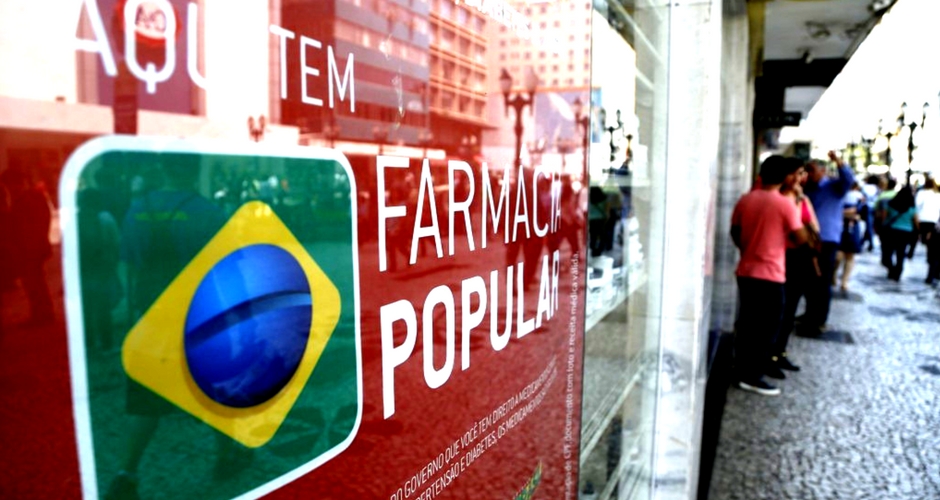With a potential standoff brewing between Brazil’s government and its pharmaceutical industry, millions of Brazilians could find their health at risk. Conditions including diabetes have risen sharply in recent years, but a federal initiative to make medicine more affordable has so far helped an estimated 31 million Brazilians. The program, ‘Farmácia Popular’ or ‘the people’s pharmacy’, offers large discounts for medications to treat the population’s most common health conditions – mainly diabetes, hypertension, and asthma.
However, when now-president Michel Temer assumed office in May 2016, he announced sweeping changes to the program. Temer’s government reportedly cut 400 pharmacies from the Farmácia Popular network upon his arrival, and is now attempting to renegotiate the prices they pay companies for medications included in the scheme.
While Brazil’s Health Minister Ricardo Barros says that the changes should save the government an upwards of BRL 600 million per year, . Disputes remain, however, over the real cost of the medications, as well as over what the financial costs might be to other parts of the healthcare system become inaccessible for some Brazilians.
Disputed calculations
With the program, Brazilians pay a minimal amount towards the medications. The minimum discount is 90 percent, while some are entirely free. But a Ministry of Health study found that on average, the government paid pharmaceutical companies around 30 percent above average market prices.
“The cost of NPH insulin, for example, with the transfer of technology, taxes, and logistics, ends up at BRL 10,” a spokesperson for the Ministry of Health told The Brazilian Report. “In the program, the disbursement is BRL 27.50, a sufficient resource for...


 Search
Search






































